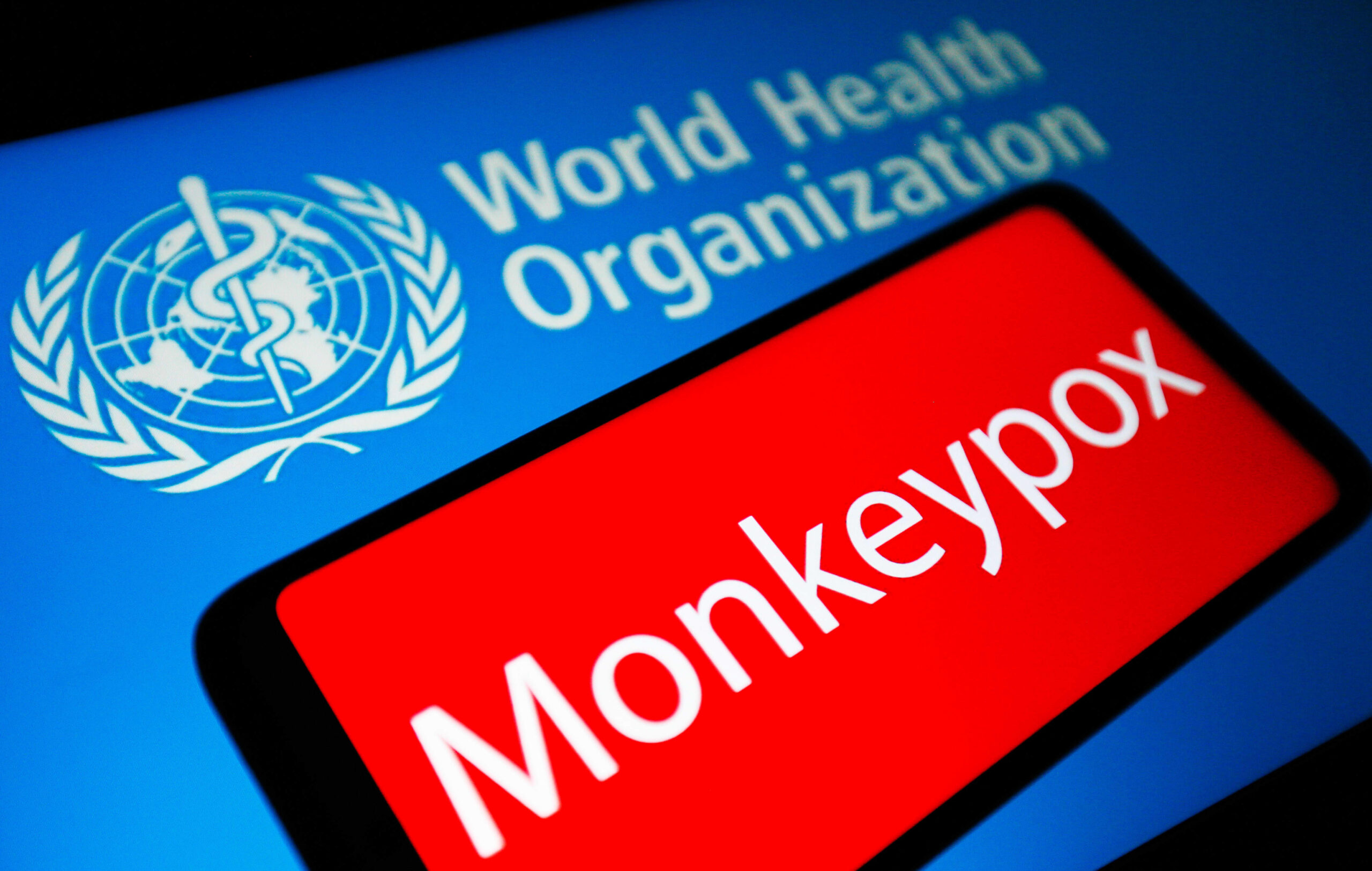Monkeypox has been deemed a public health emergency of international concern (PHEIC) as of July 23, 2022, by World Health Organization Director-General Tedros Adhanom Ghebreyesus.
The highest degree of alert that the global health organization may issue is PHEIC. Prior to monkeypox, only polio and SARS-CoV-2 were still being spread. Ghebreyesus made the choice after a panel of experts who were unable to agree on a consensus.
On July 21, 2022, the WHO met once more as there were now more than 16,000 cases of Monkeypox worldwide and five fatalities.
We have an outbreak that has spread around the world rapidly, through new modes of transmission, about which we understand too little and which meets the criteria in the International Health Regulations.
Ghebreyesus
Monkeypox risk has been deemed to be moderate worldwide, with the exception of the European region, where it is high. The WHO said that despite the disease’s global expansion, there is now little risk of it obstructing international travel.
Ghebreyesus highlighted five aspects that affected the choice:
- Information supplied by nations
- The disease met three of the requirements for a PHEIC to be declared under the International Health Regulations.
- The Emergency Committee’s recommendations
- Scientific theories and data that are yet unknown
- The danger to people’s health
Several national leaders will now be alert for monkeypox and on the watch for it. The choice to designate it as a PHEIC also creates opportunities for additional sources of funding. The WHO may issue non-binding recommendations to nations, but if those nations deviate from them, they must provide a scientific justification.
Symptoms of Monkeypox
Early signs of Monkeypox include fever, chills, headache, muscle aches, fatigue, and swollen lymph nodes. A rash frequently appears a few days later. The rash initially appears as unpleasant, flat, red pimples. These lumps develop into blisters that ooze pus. The blisters eventually dry out and peel off; the entire process can take two to four weeks. Additionally, ulcers in the mouth, vagina, or anus are possible.
How to Prevent Monkeypox
Monkeypox can be prevented using a smallpox vaccination, but its usage is now restricted to clinical trials. Limiting person-to-person transmission and reducing human contact with diseased animals are essential to prevention. The best strategy to stop the virus that causes monkeypox from spreading is to:
- Keep distance from affected animals (especially sick or dead animals).
- Refrain from touching any bedding or other items that may be contaminated with the virus.
- Cook any items containing animal flesh or by-products completely.
- Consistently wash your hands with soap and water.
- Keep your distance from someone who may be carrying the infection.
- Engage in safe sexual behaviour, including the use of dental dams and condoms.
- When among other people, put on a mask that covers your mouth and nose.
- Sanitize surfaces that are often touched.
- When caring for patients who are infected with the virus, wear personal protective equipment (PPE).

